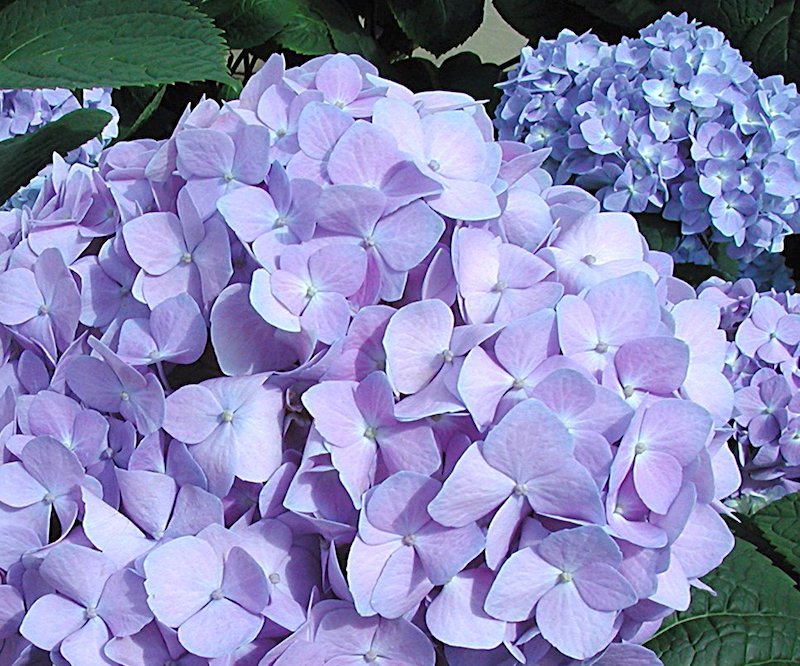 CAES News
CAES News
Wilted Plants
Plants with big leaves are often the first to get a little droopy in the hotter part of the day. It’s very tempting to water wilted plants at the end of the day, but late afternoon is not the best time.

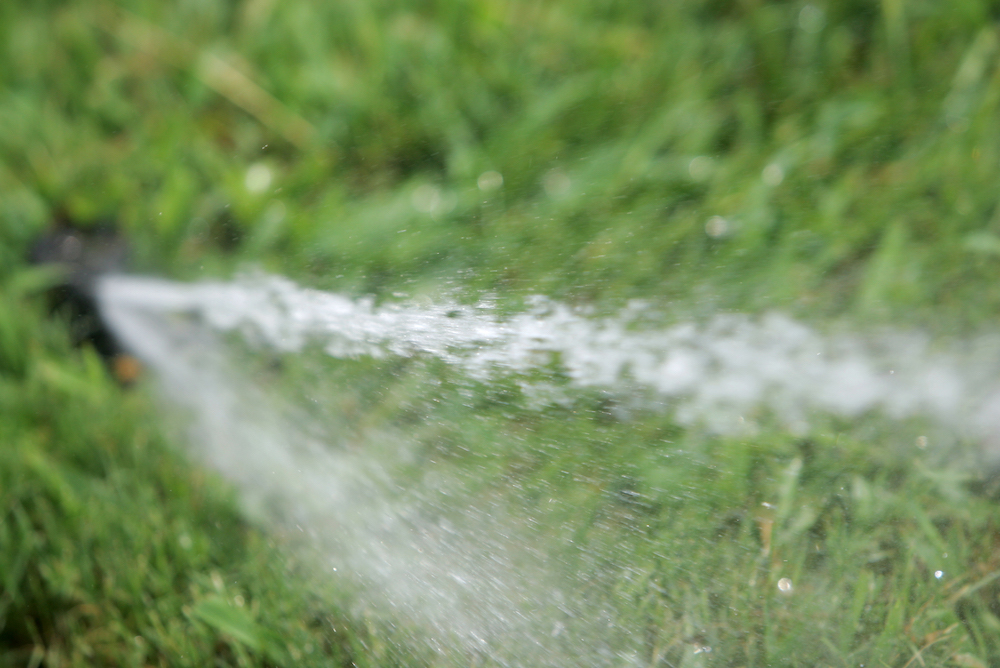
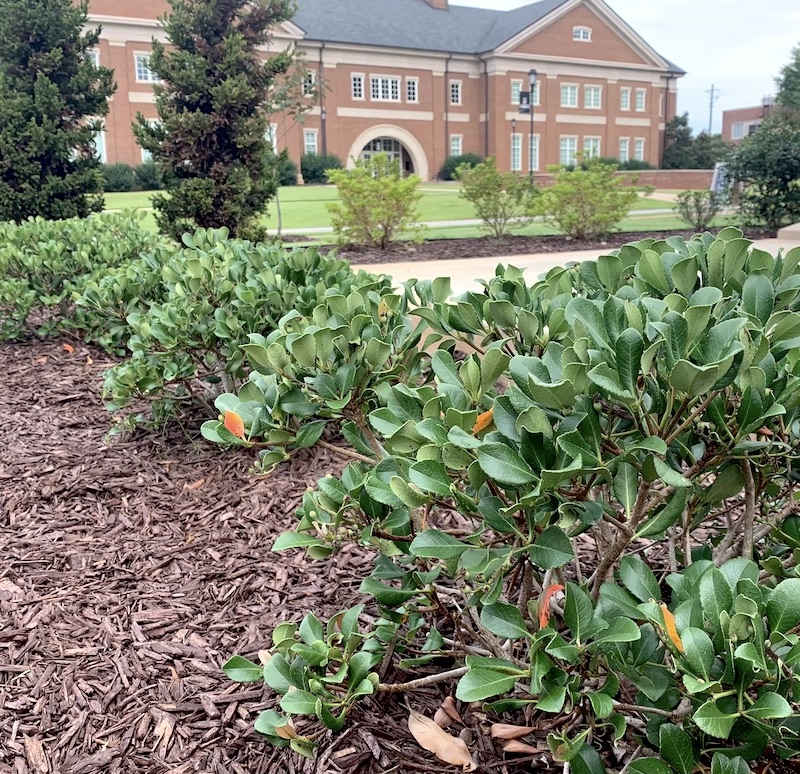
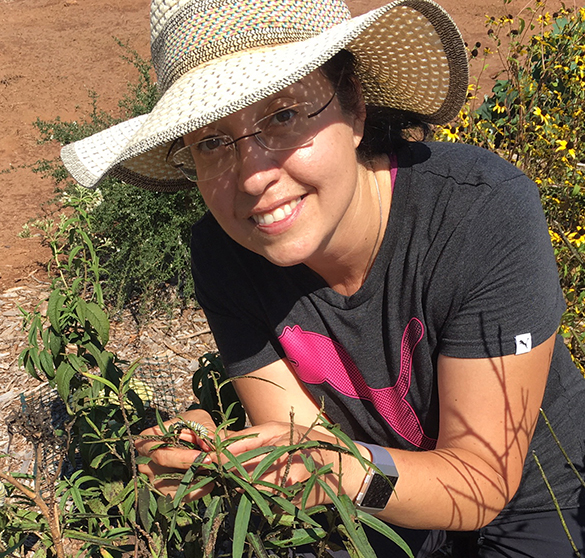
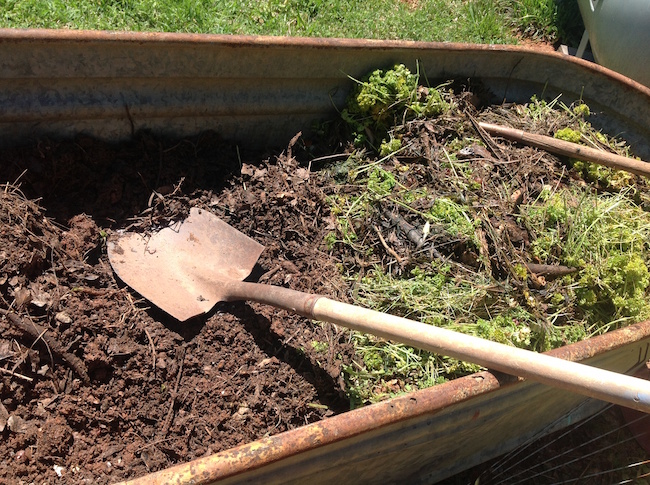
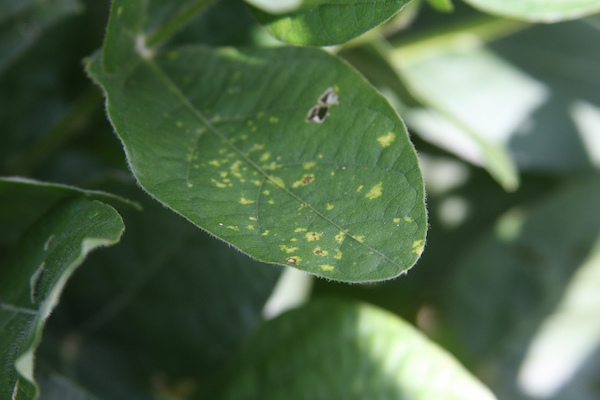
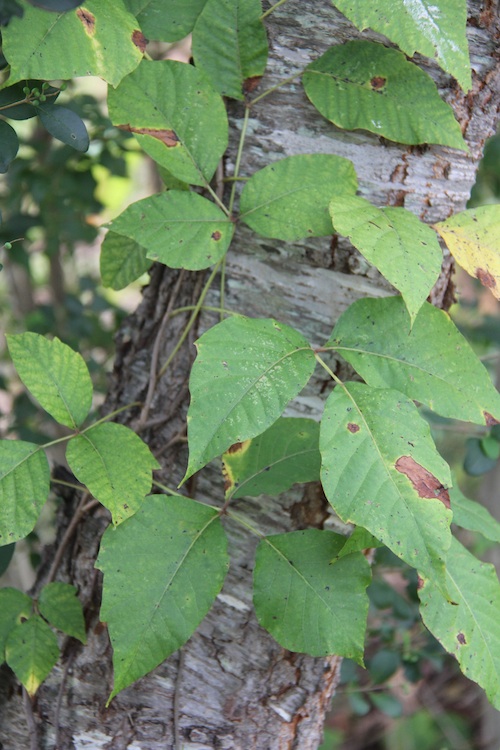
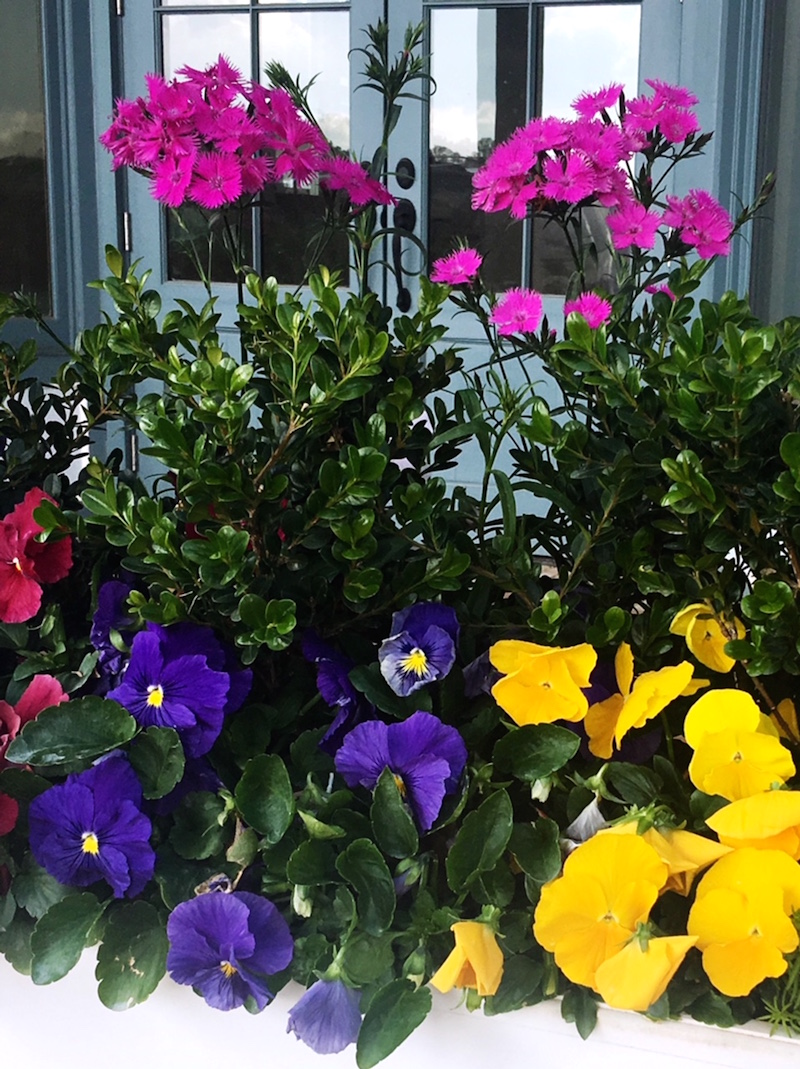
-78201.jpg)